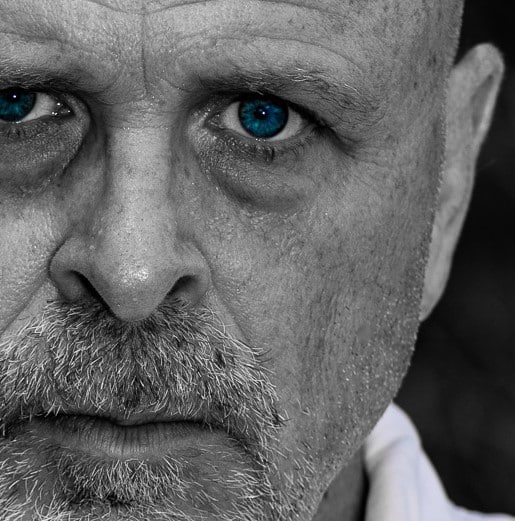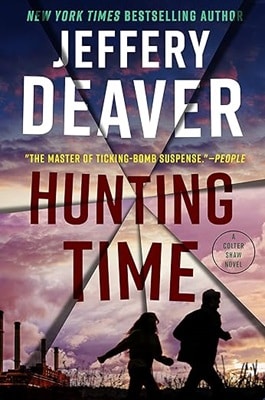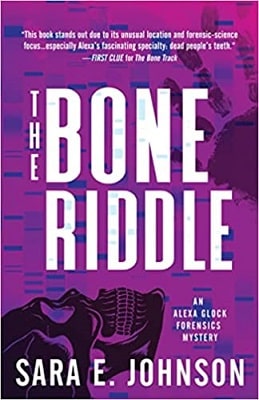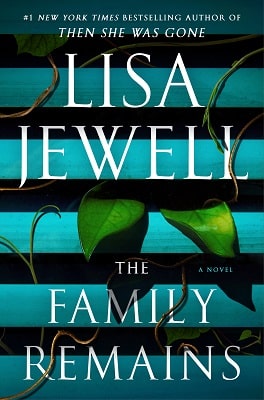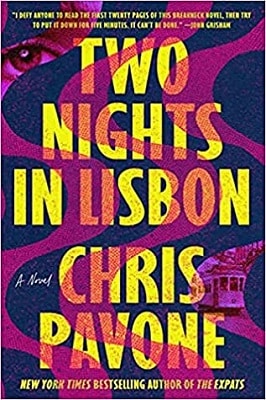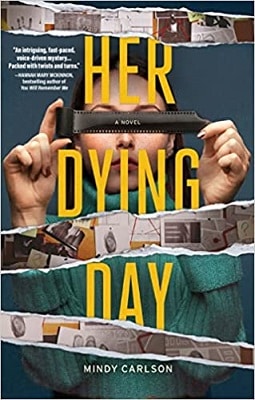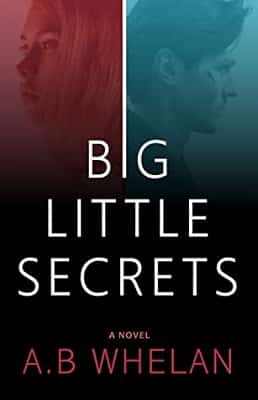
Feature
Bad Endings
Timothy Gene Sojka
Imagine sitting at a table in the dining establishment of your dreams. Smells of decadence waft through the air, the waiter’s attire suggest an evening of elegance. The appetizer amuses your palate just before your salad arrives, highlighted by innovative presentation and bold new flavors.
The entrée, cooked to perfection fills your tummy … and your soul. The dessert takes you back to your grandmother’s kitchen and your favorite indulgence.
How could the evening be more perfect?
Then you asked for the check.
Your waiter takes your AMEX, but does not return with your card or bill promptly.
Your concert tickets announce the show starts in 45 minutes. You previously adored server, delivers drinks to the neighboring tables, collects dishes from the table of eight, then heads toward the back. Moments later you see him tip-flirting the grand marmes in the corner, chatting up the assistant manager, and for gosh sake why is the hostess giving him a new table, when he can’t even bring your bill.
You finally get the bill, pay in a huff and leave the restaurant. The amusing appetizer and culinary induced memories of your grandmother’s kitchen, long forgot. You remember the ending, the delay in getting the check.
Restaurants and movies are exactly the same. Everyone remembers how it ends.
When a reader selects a novel, they agree to give the writer hours of their time. The reader assumes a contract has been drawn with the writer, a promise that the author will not let them down in the end. The greater the promise of a novel or show, the angrier the reader or viewer becomes with flaccid endings.
Think for a moment, a novel starts great, the second act proves enchanting and enlightening then the ending sucks. A bad ending sticks to a reader like the smell of dog crap hangs on to your favorite shoes, no matter how many times you wash them, why don’t people pick up after their dog … sorry tangent.
Games of Thrones developed into one of the greatest cable series of our time; show-stopping effects, beautiful people, well written, innovative. The Hodor plot twist remains a jaw dropper. Still, when fellow viewers, people who invested years in the HBO show discuss the ending one word rises, vitriol.
Bad endings fail to deliver on their promise (Bran, seriously), or outright lie at the worst (The show’s creators spent eight seasons telling me Daenerys would never do that).
To avoid disappointment writers must start knowing the ending. The final scenes must deliver unpredictability and inevitability. When the ending arrives, readers must be unprepared but understand … of course … How could the movie end any other way?
As a slow arriving check can destroy a great dining experience, a prompt bill may leave a diner with a warm last memory; at least I’ll make my meeting.
A fantastic ending offers so much more, a chance for readers to promote an average book to good, a good book to great, and a great book into a classic.
May all your checks arrive promptly and all your books end well.
About the Author
Tim writes for enjoyment, paddle-boards for stress relief, and runs so he can eat Tex-Mex. He has a passion for plot twists and pushing the “philosophically pure” to the point of hypocrisy. Tim enjoys time with his wife Lori, hanging out with his daughter Abigail and playing 42 Dominoes with his mother and grandmother. Sojka’s debut novel Payback Jack became a #1 Amazon Thriller and received 5-Star Reviews from around the globe.
